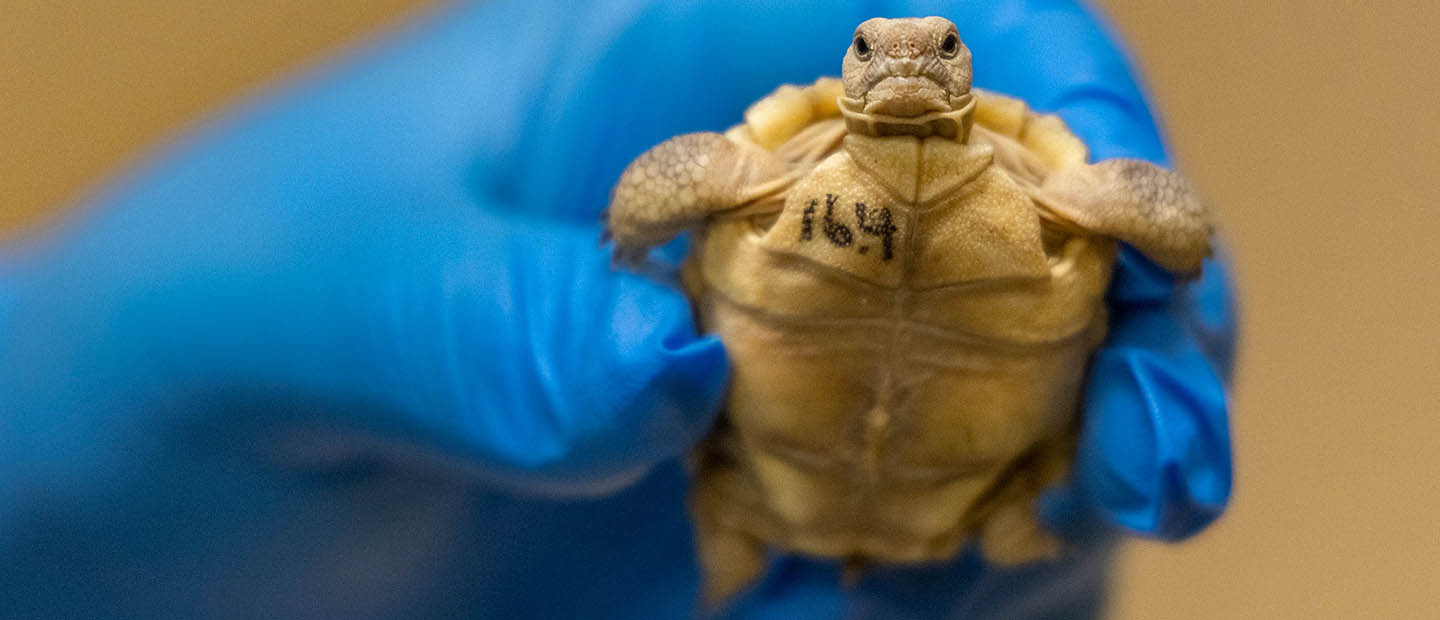$8 million partnership with NSF funds six new projects

Six new projects, funded by a partnership between the U.S. Allen Family Foundation (now called Allen Family Philanthropies) will combine scientific research and conservation activities to learn from and protect Earth’s biodiversity.
The projects are funded by $8 million in combined support from the two organizations in a new Partnership to Advance Conservation Science and Practice (PACSP) and focus on protecting diverse ecosystems and imperiled species across the United States.
“More than 1,000,000 species across the globe are threatened with extinction and these projects are a step towards decreasing that number and slowing the rate of biodiversity loss on Earth,” said Simon Malcomber, acting assistant director for NSF’s Directorate for Biological Sciences. “These efforts are critical as losing any species impacts society, whether by changes in disease patterns, decreases in natural pest control, ecosystem degradation, or by losing one of life’s unique solutions to problems that humans could’ve harnessed to our benefit.”
Awards went to:
Fresno Chaffee Zoo, UC Davis, and U.S. Bureau of Land Management; to protect the endangered Blunt-nosed Leopard Lizard
Bernice Pauahi Bishop Museum, Pomona College, University of Hawaii, Manoa, and Hawaii Department of Land and Natural Resources Division of Forestry and Wildlife; to advance conservation for endangered Hawaiian land snails
San Diego Zoo Wildlife Alliance and Iowa State University; to study and enhance desert tortoises’ resilience to climate change
University of Wisconsin–Madison, U.S. Fish & Wildlife Service and U.S. Geological Survey, National Wildlife Health Center; to develop tools to mitigate White Nose Syndrome, a lethal fungal disease decimating several species of North American bats
North Carolina State University and North Carolina Aquariums to conserve the Crystal skipper butterfly in a coastal urban environment
Duke University, North Carolina State University, Nature Conservancy, and North Carolina Coastal Federation, and to incorporate secondary species in coastal restoration efforts to increase ecosystem regrowth
“The breadth of biodiversity loss in the United States is reflected in the wide range of species covered in these six projects. While the approaches are different, each study addresses systemic issues that are much bigger than a singular species, and they leverage science and technology to accelerate conservation solutions,” said Lara Littlefield, Executive Director on behalf of the Paul G. Allen Family Foundation. “The increased number of new-to-NSF applicants also tells us that there is untapped potential for more collaboration between primary research and applied technology.”
In addition to their scientific and preservation work, the teams will work to engage policymakers, students, teachers, and the public on topics related to conservation. Several of these efforts will focus on underrepresented minorities, including a paid internship program for underrepresented minority students from throughout California’s Central Valley, training of Native Hawaiians and Pacific Islanders in STEM integrated with indigenous research models, and recruitment of minority students from across North Carolina. Awardees will develop lesson plans for K-12 students, participate in after-school programs and summer camps, and host workshops for teachers. Broader public outreach will include social media, festivals and community meetings, museum and aquarium exhibits, interactive activities for children, and citizen science projects.